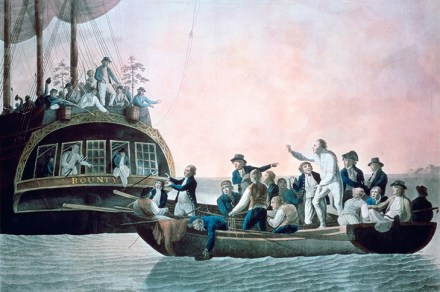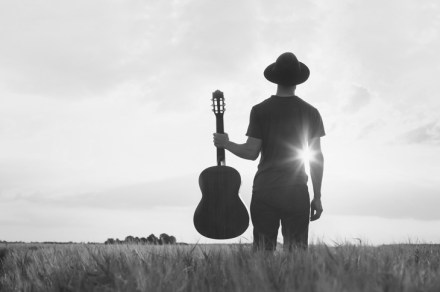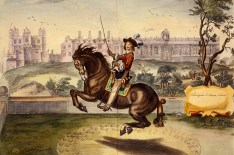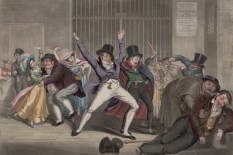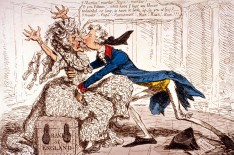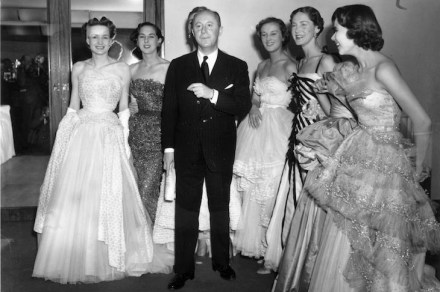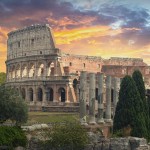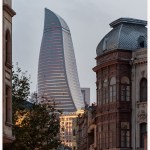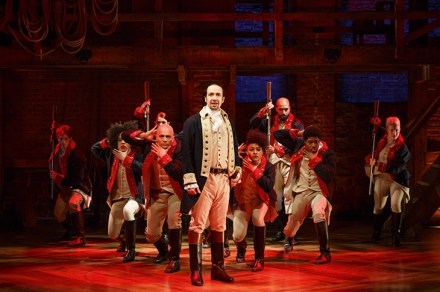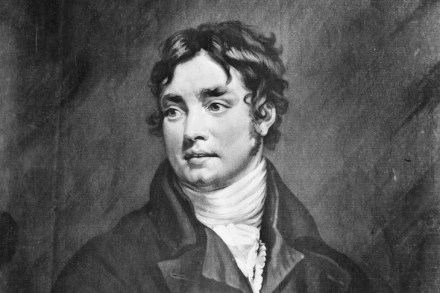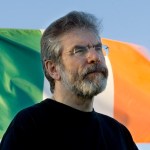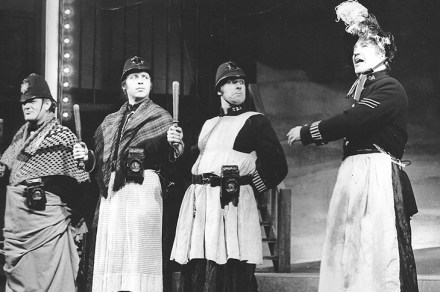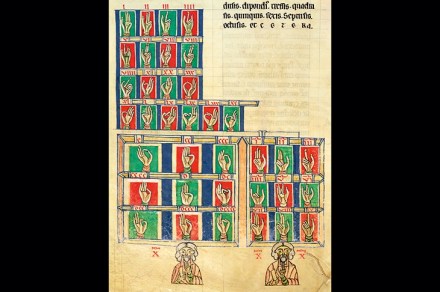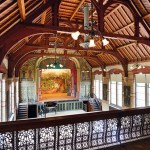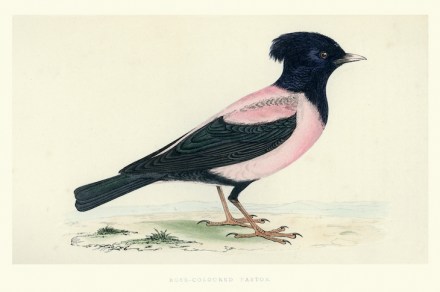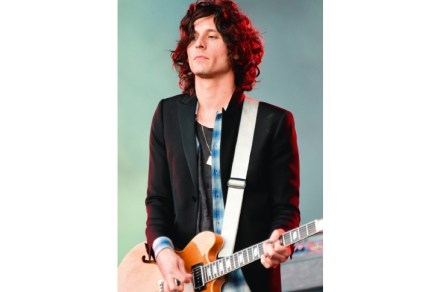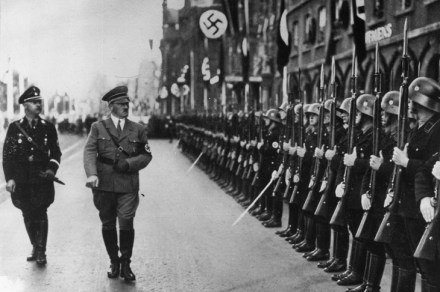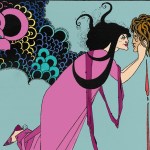The greatest journeys ever made
Many believed in Australia for 1,000 years before its discovery. There had to be a commensurate weight — somewhere Down Under — to counter the northern land mass; an ‘unknown Southland’ which was crucial to maintaining the balance of the world. To confuse matters, this theoretical continent was dubbed for a while Austrialia del Espiritu Santo — in honour of the House of Austria. A socially awkward Lincolnshireman, Matthew Flinders, in 1804, was the originator of Australia as the name for what had for centuries been called New Holland, but two French sailors, an aristocratic cartographer, Louis Freycinet, and a manipulative, one-eyed anthropologist, François Péron, showed for the first time
